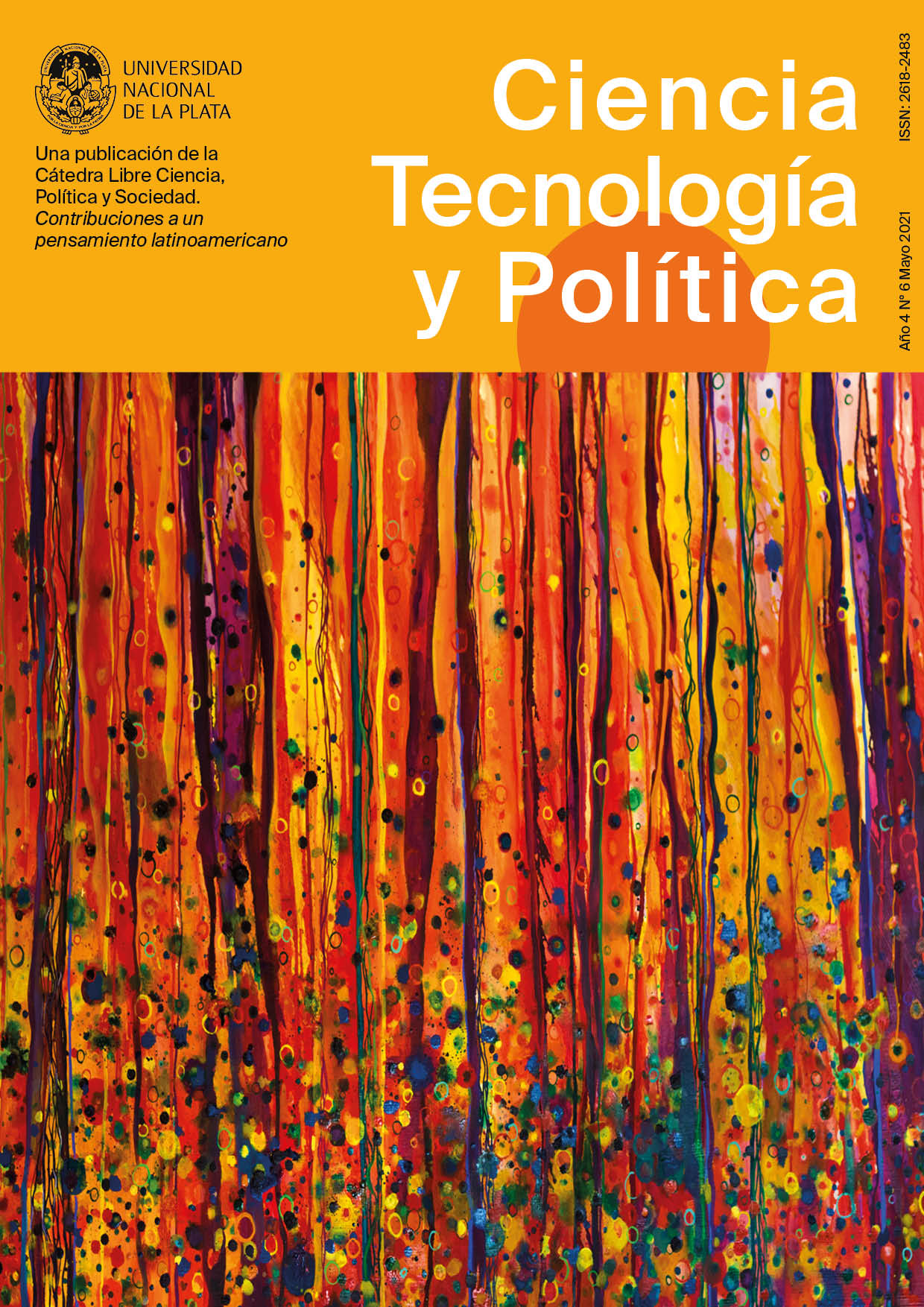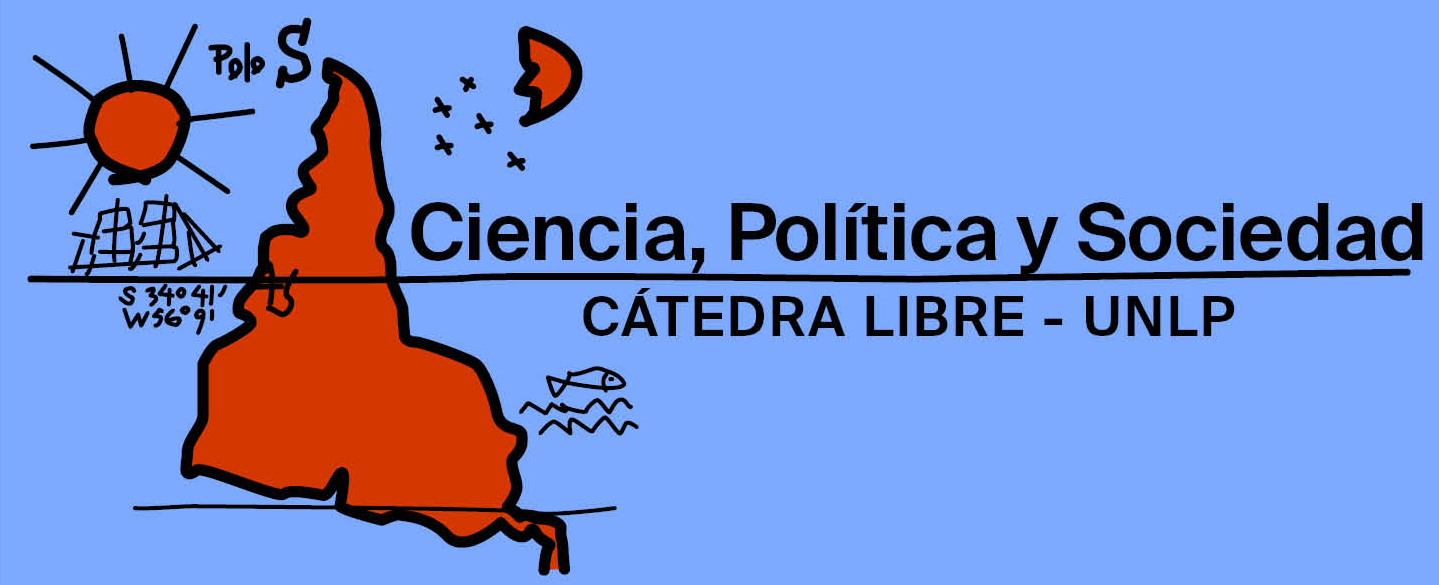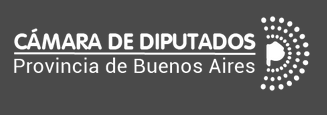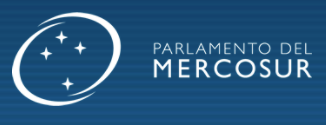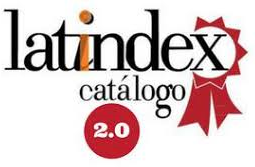Argentina's Antarctic challenges in the 21st century
DOI:
https://doi.org/10.24215/26183188e056Keywords:
Antarctica, Antarctic Treaty System, Argentine Antarctic Program, Argentine sovereignty in AntarcticaAbstract
The Argentine Republic has an extensive history in Antarctica, which begins in the Government of the United Provinces of the Río de La Plata, which continues in 1904 with the creation of the first scientific base in the world, the Orcadas Base, and continues to the present with the existence of more than a dozen bases in the Antarctic territory. In the 21st century, scientific activity and its logistical support will be central to face the challenges that arise. The new strategies of the main actors participating in the Antarctic Treaty System suggest a deep conceptual, political, cultural and operational transformation of the Antarctic problem. This article analyzes, among other issues, the challenges facing Argentina. It is discussed how the comparative advantages of the Argentine Antarctic Program to face these challenges are not enough to sustain the level of adequate territorial presence in Antarctica and a series of measures are proposed to strengthen this presence in a comprehensive manner.
Downloads
Metrics
References
Abruzza, A. (2013). El Tratado Antártico y su Sistema (Boletín N°836, Mayo/Agosto). Centro Naval.
Armstrong, T. (1971). Bellingshausen and the discovery of Antarctica. Polar Record, 15(99), 887- 889. https://doi.org/10.1017/S0032247400062112
Beck, P. (1989). Convention on the Regulation of Antarctic Mineral Resource Activities: a major addition to the Antarctic Treaty System. Polar Record, 25(152), 19-32. https://doi.org/10.1017/S0032247400009943
Benwell, M. C.; Dodds, K. (2011). Argentine territorial nationalism revisited: The Malvinas/Falklands dispute and geographies of everyday nationalism. Political Geography, 30(8), 441-449. http://dx.doi.org/10.1016/j.polgeo.2011.09.006
Blakemore, E. (27 de enero de 2020). Who really discovered Antarctica? Depends who you ask. National Geographic. https://www.nationalgeographic.com/history/article/who-discovered-antarctica-depends-who-ask
Capdevila, R.; Comerci, S. (1983). Historia Antártica Argentina. Dirección Nacional del Antártico, República Argentina.
Capdevila, R. (1965). Antártida. Más allá del Fin del Mundo. Zaguier & Urruty.
Comisión Nacional del Antártico (1947). Soberanía Argentina Antártica. Cancillería de la República Argentina. Council of Managers of National Antarctic Program (COMNAP) (2017). Antarctic Stations Catalogue.
Fontana, P. (2014). La Pugna Antártica: el conflicto por el sexto continente 1939-1959. Ediciones Guazuvirá.
Harvey, C. (2 de noviembre de 2020). Once again, new Antarctic reserves fail to win backing. ScienceMag. https://www.sciencemag.org/news/2020/11/once-again-new-antarctic-reserves-fail-win-backing
Herber, B. (2006). Bioprospecting in Antarctica: the search for a policy regime. The Polar Record 42(221), 139-146.
Hugues, K.; Grant, S. (2017). The Spatial Distribution of Antarctica’s Protected Areas: a Product of Pragmatism, Geopolitics or Conservation Need? Environmental Science & Policy, 72, 41–51.
Kennicutt II, M.; Kim, Y.; Rogan-Finnemore, M. (2016). Antarctic Road Map. Council of Managers of National Antarctic Programs.
Liggett, D.; McIntosh, A.; Thompson, A; Gilbert, N; Storey, B. (2011). From frozen continent to tourism hotspot? Five decades of Antarctic tourism development and management, and a glimpse into the future. Tourism Management, 32(2), 357-366. https://doi.org/10.1016/j.tourman.2010.03.005
Miller, D.; Sabourenkov, E.; Ram, D. (2004). Managing Antarctic Marine Living Resources: The CCAMLR approach. The International Journal of Marine and Coastal Law, 19(3), 317-363. https://doi.org/10.1163/1571808042886075
Portella Sampaio, D. (2019). The Antarctic exception: how science and environmental protection provided alternative authority deployment and territoriality in Antarctica. Australian Journal of Maritime & Ocean Affairs, 11:2, 107-119. https://doi.org/10.1080/18366503.2019.1589899
Reino Unido de Gran Bretaña e Irlanda del Norte (2019). Ducentésimo aniversario del descubrimiento de las islas Shetland del sur y el continente antártico. DT 13, RCTA XLII, República Checa.
Retamales, J.; Rogan-Finnemore, M. (2011). The Role of the Council of Managers of National Antarctic Programs. En Science diplomacy: science, Antarctica, and the governance of international spaces (pp. 231-240). Smithsonian Institution Scholarly Press.
Scientific Committee on Antarctic Research (SCAR) (2013). 1St SCAR Antarctic and Southern Ocean Science Horizon Scan, Documento de Información 19, RCTA 34, Bélgica. Sutherland, W.; Fleishman, E.; Mascia, M.; Pretty, J.;
Rudd, M. (2011). Methods for collaboratively identifying research priorities and emerging issues in science and policy. Methods in Ecology and Evolution 2(3), 238–247. https://doi.org/10.1111/j.2041-210X.2010.00083.x
Tanga, J.; Li, Y.; Yanga, X.; Chenc, Y. (2020) Can the presidential diplomacy of China and France promote the East Antarctic marine protected area? Marine Policy, Volume 118, 104002. https://doi.org/10.1016/j.marpol.2020.104002
Xavier, J.; Brandt, A.; Ropert-Coudert, Y.; Badhe, R.; Gutt, J.; Havermans, C.; Jones, C.; Costa, E.; Lochte, K.; Schloss, I.; Kennicutt II, M.; Sutherland, W. (2016) Future challenges in Southern Ocean Ecology Research. Frontiers in Marine Science, 3:94. https://doi.org/10.3389/fmars.2016.00094
Published
How to Cite
Issue
Section
License
The authors whose texts are published in this Journal surrender their ownership rights in favour of the editor in a non exclusive manner, i.e. the authors can enter into other independent and additional contracts to publish their text, e.g. including it in an institutional repository, thematic or otherwise, publish it in a book, or others, as long as it is overtly stated that the work was first published in this Journal.
The responsibility for each published paper as regards its content relies exclusively on its authors, holding the editors harmless for any legal liabilities.
The texts of the Journal shall be published under the Creative Commons 4.0 BY-NC-SA license. Therefore, the editors are free to:
1) Share, copy and redistribute the material using any means or format.
2) Adapt, remix, transform and create from the material, under the following conditions:
a) Attribution — credit to this work must be given in an appropriate manner, providing a link to the license and indicating if changes have been made.
b) Non-Commercial Use — no use may be made of the published material for commercial purposes.
c) Share Equal — Authors remixing, transforming or creating from the material must distribute their contribution under the same license as the original.

